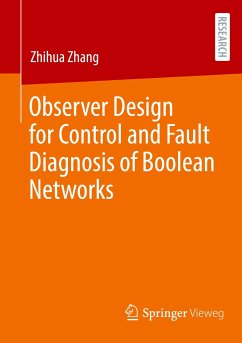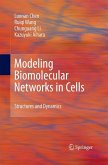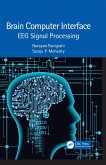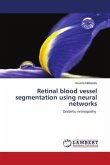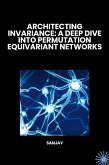Boolean control networks (BCNs) are a kind of parameter-free model, which can be used to approximate the qualitative behavior of biological systems. After converting into a model similar to the standard discrete-time state-space model, control-theoretic problems of BCNs can be studied. In control theory, state observers can provide state estimation for any other applications. Reconstructibility condition is necessary for the existence of state observers. In this thesis explicit and recursive methods have been developed for reconstructibility analysis. Then, an approach to design Luenberger-like observer has been proposed, which works in a two-step process (i.e. predict and update). If a BCN is reconstructible, then an accurate state estimate can be provided by the observer no later than the minimal reconstructibility index. For a wide range of applications the approach has been extended to enable design of unknown input observer, distributed observers and reduced-order observer. The performance of the observers has been evaluated thoroughly. Furthermore, methods for output tracking control and fault diagnosis of BCNs have been developed. Finally, the developed schemes are tested with numerical examples.
Bitte wählen Sie Ihr Anliegen aus.
Rechnungen
Retourenschein anfordern
Bestellstatus
Storno

